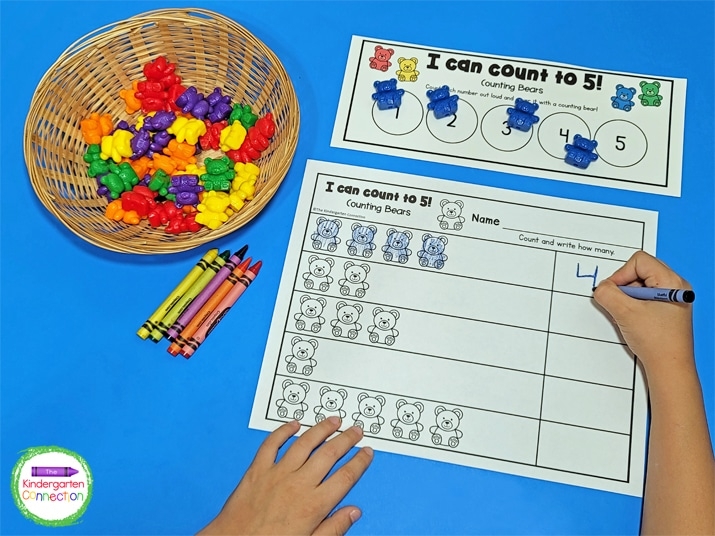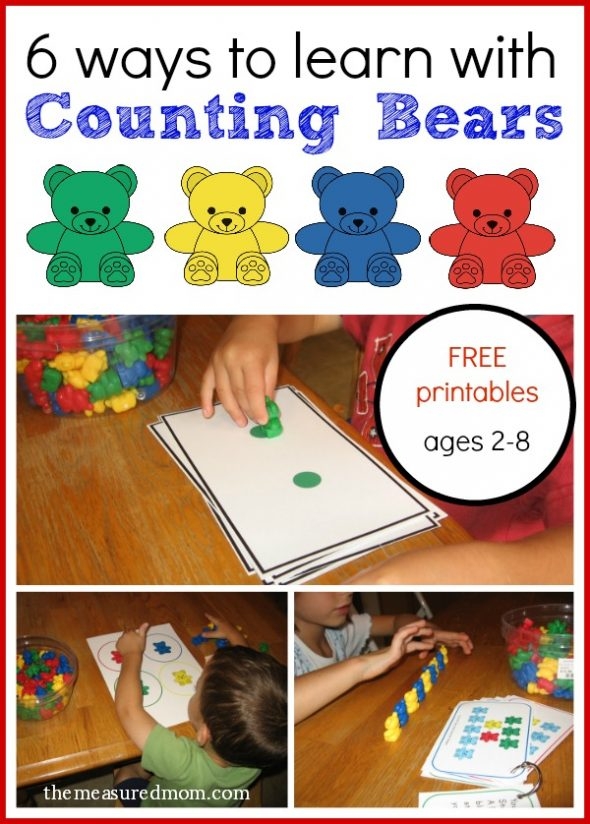Exploring the world of gardening can be a rewarding and relaxing experience. Whether you are a seasoned pro or just starting out, there is always something new to learn in the world of plants and flowers.
One of the key components of a successful garden is proper soil management. Soil provides plants with essential nutrients and support, so it’s important to understand how to care for it to ensure your garden thrives.
The Importance of Soil pH in Gardening
Soil pH is a measure of how acidic or alkaline your soil is. Most plants thrive in soil that has a pH level between 6 and 7. If your soil is too acidic or alkaline, it can affect the availability of nutrients to your plants, leading to stunted growth and poor health.
Testing your soil’s pH is easy and can be done using a simple soil testing kit. Once you know the pH level of your soil, you can take steps to adjust it if necessary. Adding lime to acidic soil or sulfur to alkaline soil can help bring the pH level into the optimal range for your plants.
It’s important to remember that different plants have different pH preferences, so it’s a good idea to research the specific needs of the plants you are growing. Some plants, like blueberries, prefer acidic soil, while others, like lavender, thrive in alkaline conditions.
By understanding the importance of soil pH in gardening, you can create a healthy and thriving garden that will bring you joy for years to come. So grab your gardening gloves and get ready to dig in!
In conclusion, soil pH is a crucial factor in the success of your garden. By testing and adjusting the pH of your soil, you can ensure that your plants have access to the nutrients they need to flourish. So go ahead, get your hands dirty, and watch your garden bloom!



